Feature 7 min read
We look at the 10 best reasons to buy an electric car
There are numerous stories about so-called barriers to adoption when it comes to EVs and while it is fair to say that for some people going electric was impractical in the early days, most people nowadays could make the switch with very few compromises. We look at the top 10 reasons why you should switch to an electric car.
1. It’s good for the environment
Transport is responsible for around a third of our greenhouse emissions, and with the world’s climate at a tipping point, the onus is on all of us to do something about it. Unfortunately, there has been a lot of fake news (copyright Donald Trump) on the subject of how clean EVs truly are, but the truth is they ‘trump’ petrol or diesel in almost every realistic circumstance.
Whilst it’s true that EVs have a higher carbon debt fresh from the factory, after somewhere between 30,000 and 50,000 miles, they will pay this back and effectively be carbon negative. Furthermore, manufacturers are cleaning up their building techniques and green energy is making up more and more of the grid’s total. Therefore, EVs are only ever going to get greener than they already are.
What’s more they’re better for your health, too. Electric cars don’t omit any harmful – from lead to sulfur oxides, which can cause diseases such as lung cancer and breathing complications.
2. EVs can work out cheaper over the lifetime of ownership
It would be wrong of us to suggest that EVs aren’t prohibitively expensive to many people. For those who rely on the second-hand market, especially the lower end, they’re simply not feasible. However, for new car buyers, EVs will typically work out cheaper than an equivalent petrol vehicle over the typical length of ownership.
Volkswagen admits that an all-electric ID.3 works out around £77 cheaper per month than a Mk8 VW Golf over 48 months and 15,000 miles – including the cost of financing the car in the first place. Cheaper fuel (electricity) means that EV drivers might only pay £500 for 8000 miles of driving vs over £1200 for petrol or diesel, and with fewer moving parts and less fluids electric cars require less maintenance.
3. Insurance is now comparable
LV= Insurance worked with EV guru, Euan McTurk of Plug Life Consulting, to debunk the assumption that EVs are more expensive to insure than petrol or diesel equivalents. Their ‘Electric Car Cost Index’ showed that of the EVs analysed, some were up to 33 per cent cheaper to insure than conventionally powered equivalents. Specifically, the Vauxhall Corsa-e is much less expensive to cover than other model variants.
4. It’s possible to refuel at home
Imagine parking your petrol-powered car up at night after a game of fuel light bingo and returning to it with a full tank in the morning instead of having to nurse it to the nearest petrol station?
With home or local on-street charging, this is exactly what happens with an EV. Many owners simply plug their car in when they get home and have charging scheduled to take place overnight when energy is cheaper, potentially charging a 60kWh EV from empty and adding 200 miles of range for a fiver. You can’t pop to Shell and get 50 per cent off diesel because it’s quiet, and you definitely can’t do 200 miles for a five-pound note!
5. Despite energy price rises, EVs are still cheaper to run
The maximum that an energy company can charge for domestic electricity has risen from £0.21 per kWh to £0.28 per kWh. It’s not a gargantuan increase in the scheme of things, but charging a 60kWh battery from empty to full will increase from £12.60 to £16.80 – a very noticeable jump. In a typical EV, 60kWh should see a range of 210 miles.
But bear in mind that with fuel tracking around the £1.70 per litre mark, a petrol car doing 45mpg would require around £35 worth of fuel to cover a similar distance – double what it costs in an EV charging at the highest domestic rate. We broke down the numbers, and provided some tips on saving money in a feature.
6. EVs are fun to drive
The first time most people drive an EV and put their foot down, the sensation of instant torque almost always produces an instantaneous grin. And that’s just in a regular family car. Put your foot down in something with a bit more power, like the Porsche Taycan, and your face might never recover. Moreover, an electric motor hardly makes any noise and does not produce any vibrations and resonance, so it’s also a quieter and more comfortable experience.
Whilst most EVs will have a weight penalty compared to petrol-powered cars, engineers are now able to use clever engineering solutions to overcome it. For example, an electric powertrain can vector torque between driven wheels far more quickly than a conventional car, meaning they can be a hoot in the corners. Finally, electric motors can produce prodigious power from very compact packages, hence the raft of EV hypercars that are now emerging.
7. The choice is big
Think that there’s a limited choice of EVs and you’ll never find something that will suit you? Think again. There are now 140 electric models available to UK buyers with a further 50 on their way before the end of 2022 according to the SMMT. You can now buy sportscars, saloons, estates, city cars, GTs, a convertible and more SUVs than you can shake a stick at. It’s possible to get a new EV for around £20,000 in the shape of the smart ForTwo, whilst family-friendly cars with c.200 miles of range can be had for just over £25,000 – per our Top 10 cheap EVs feature.
Whilst these list prices are more than equivalent petrol or diesel cars, you can still smug your way to the bank knowing that owning one will cost much less in the long run.
8. You’ll be ahead of the curve
At the moment, there are still tax breaks and even discounts to be had on new EVs. The plug-in car grant still just about exists and VED on EVs is zero for the time being. You can also drive into ULEZs for free. However, the PiCG is likely to finish in 2023 and free VED won’t last forever, with the government looking into road pricing to fill a vehicle tax black hole. As such, now is the time to invest and take advantage of these incentives before they’re taken away. An additional factor to bear in mind is that quite a few retailers are offering free charging – something which is unsustainable in the long run. It really does pay to be ahead of the curve!
9. EV culture is establishing itself
Petrolheads beware; EV culture is taking hold and whilst the love of ICE cars is never going to go away, the future is electric. Fortunately, we think both can live in harmony, but there’s plenty of EV-only clubs, shows and meets out there where people driving everything from regular EVs through to self builds can share their love of their cars.
You’re also in good company. George Clooney, Leonardo DiCaprio, Cameron Diaz, Dwayne (The Rock) Johnson, James May… All of these people are famous, cool and drive an EV. If that isn’t enough, just remember that you’ll never, ever look like Rishi Sunak pretending to fill up someone else’s Kia Rio (whilst quite possibly eyeing up someone else’s EV). Need we say more?
10. EV battery lifespan is longer than you think
Like all batteries they will degrade over hundreds of charge/use cycles, but the degradation is very gradual and it won’t hugely affect the EV’s performance in terms of acceleration, refinement or cruising ability, it will only slightly lessen the range.
Data from lots of Tesla owners has shown that that a mere 10% average battery degradation after over 160,000 miles. How many fossil cars are on the road after all of those years? The first generation Nissan LEAF has proven itself too, with many owners now reporting that they’ve clocked over 200,000 miles on the original battery.
This is why the majority of car manufacturers offer a battery warranty that’s around 100,000 miles or eight years for 70 per cent capacity. The truth is most EVs you see now will still be going strong decades from now. Don’t believe us? Here are the stats.

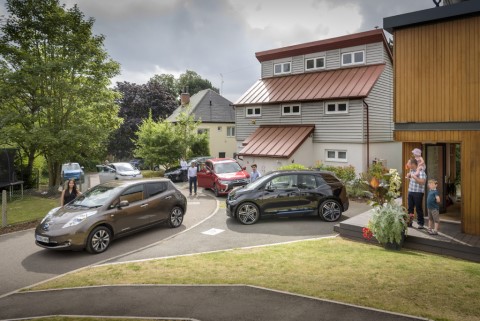
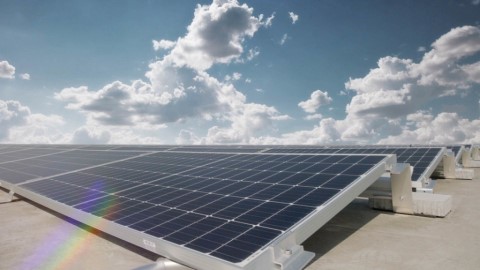
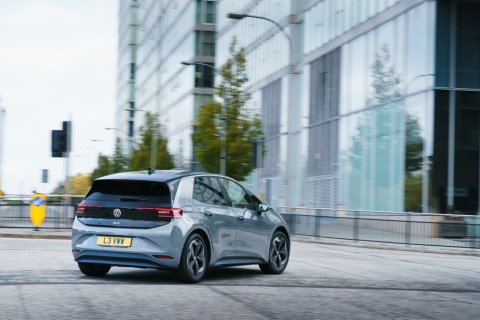
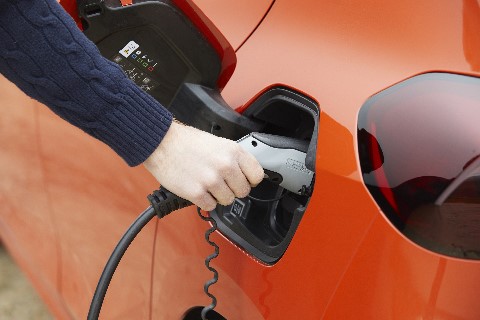
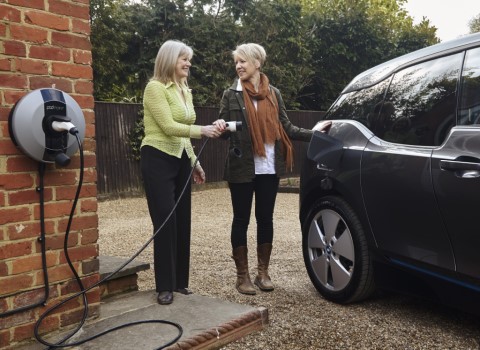
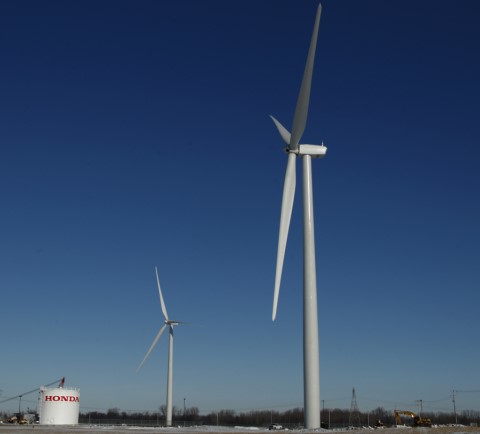

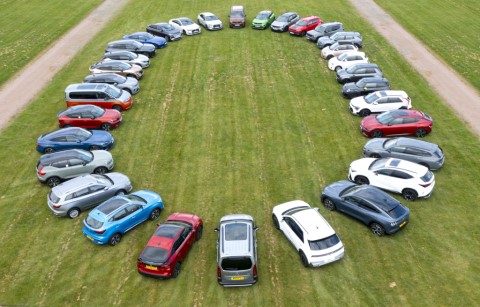
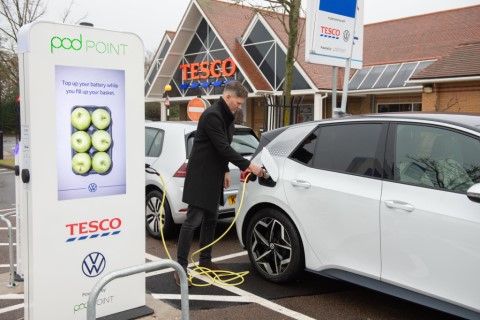

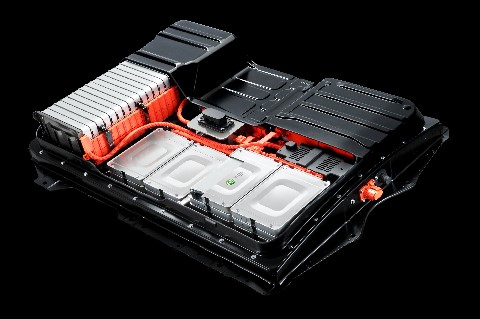

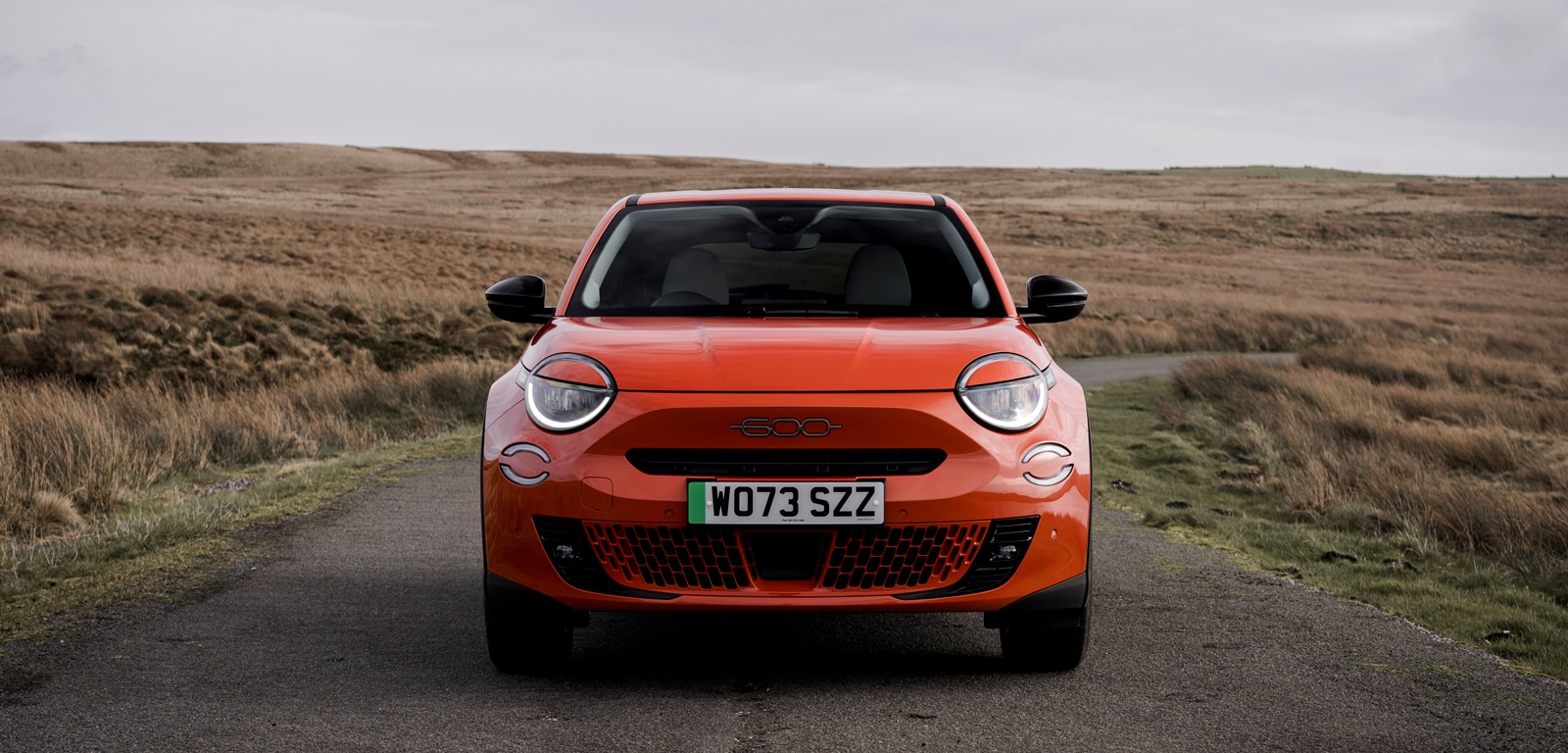
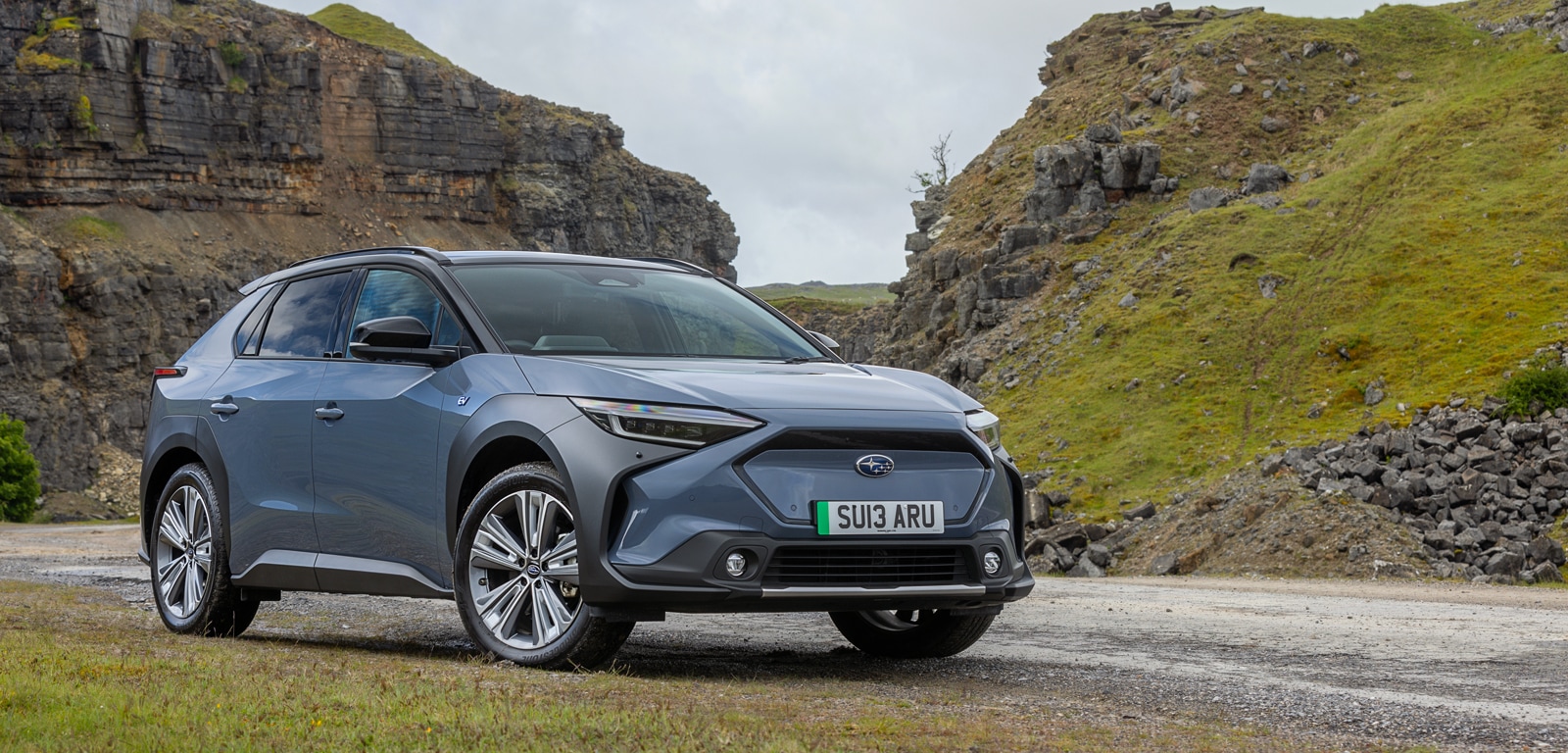
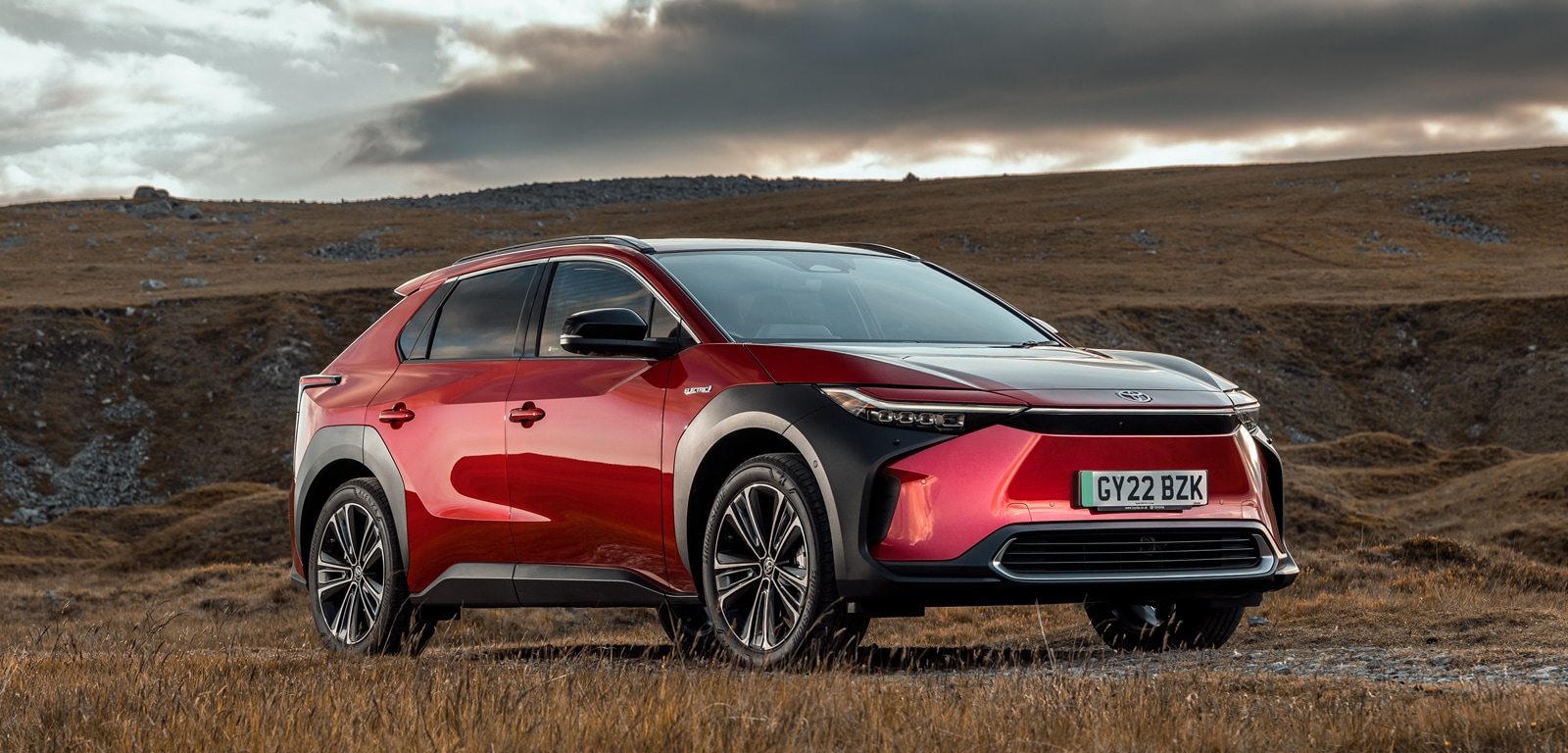
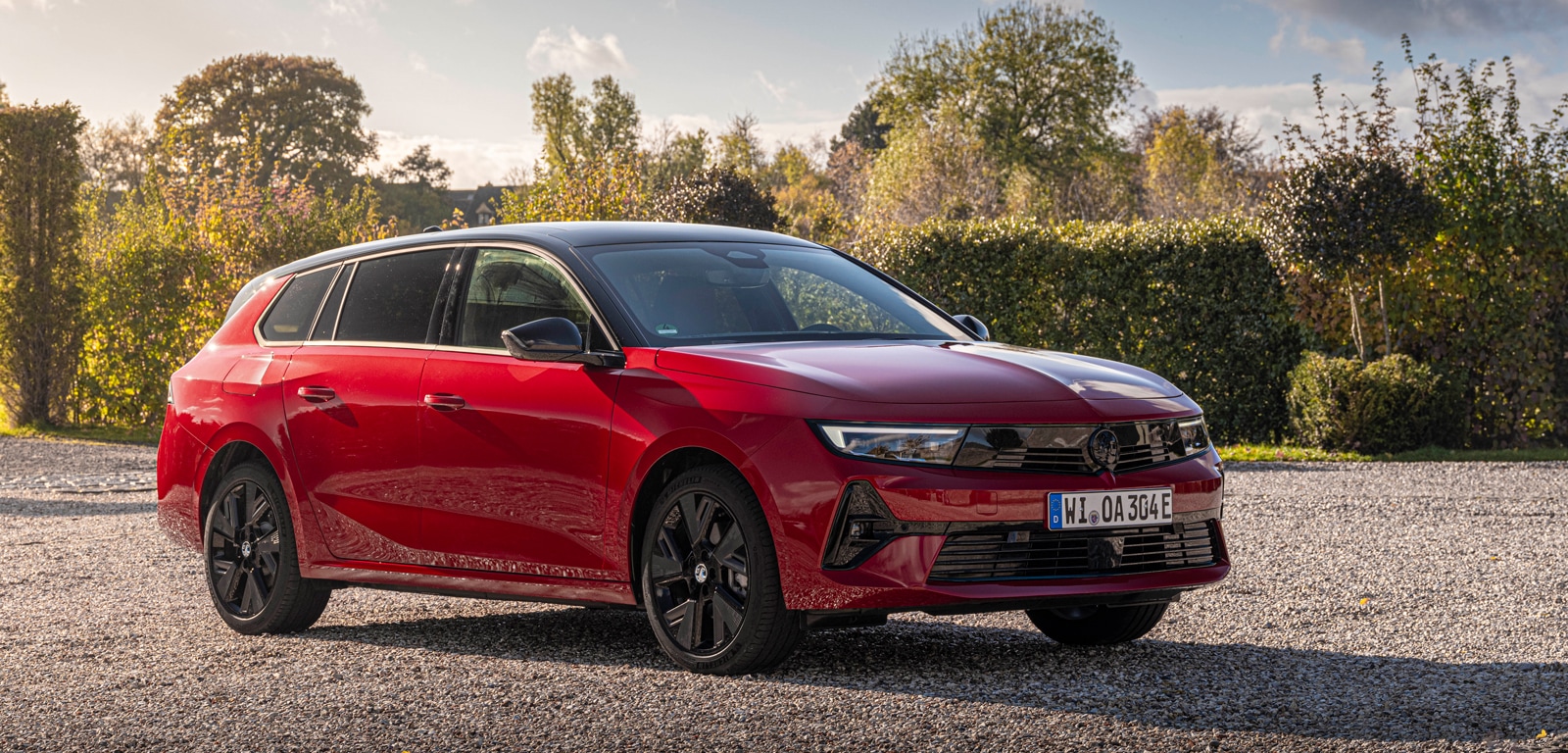
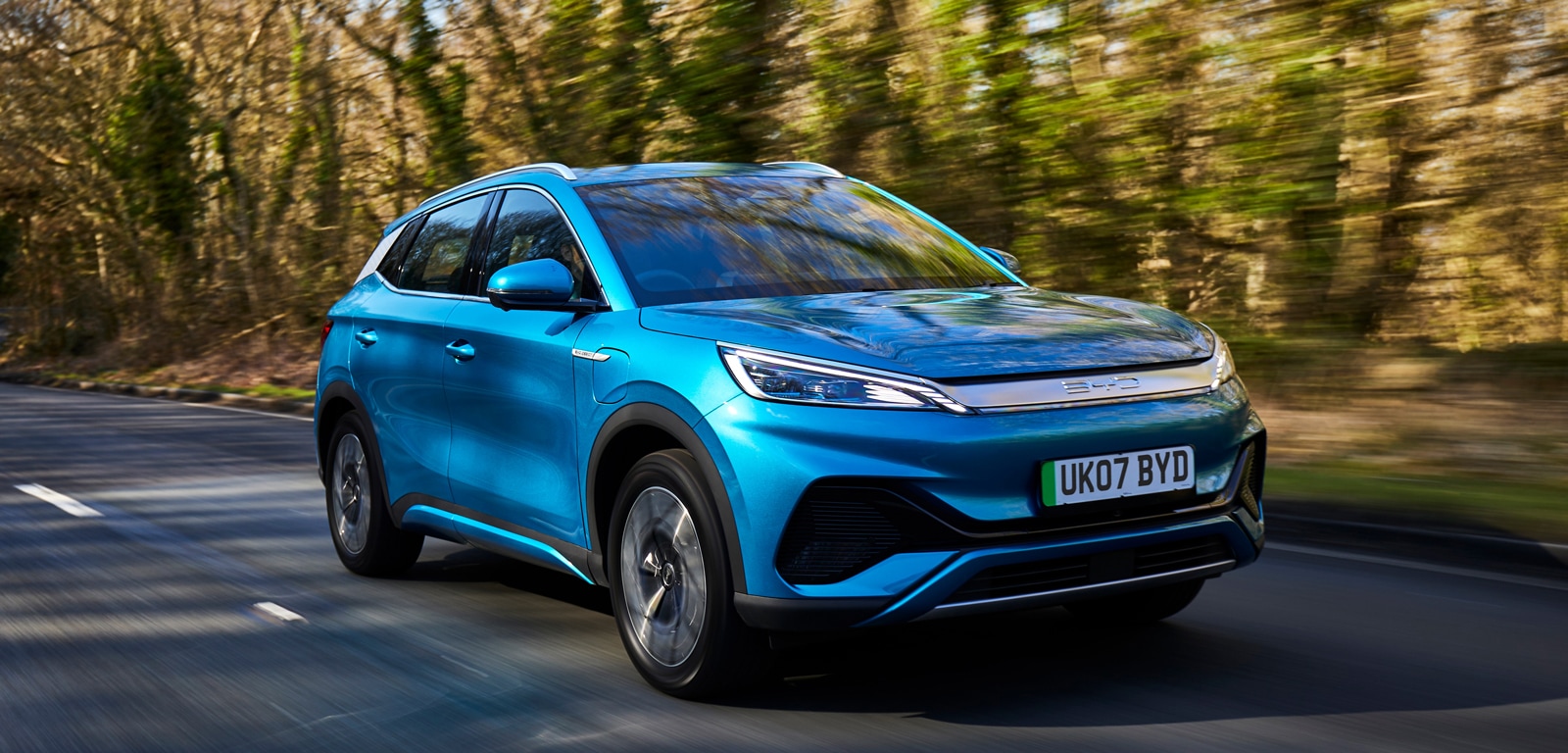
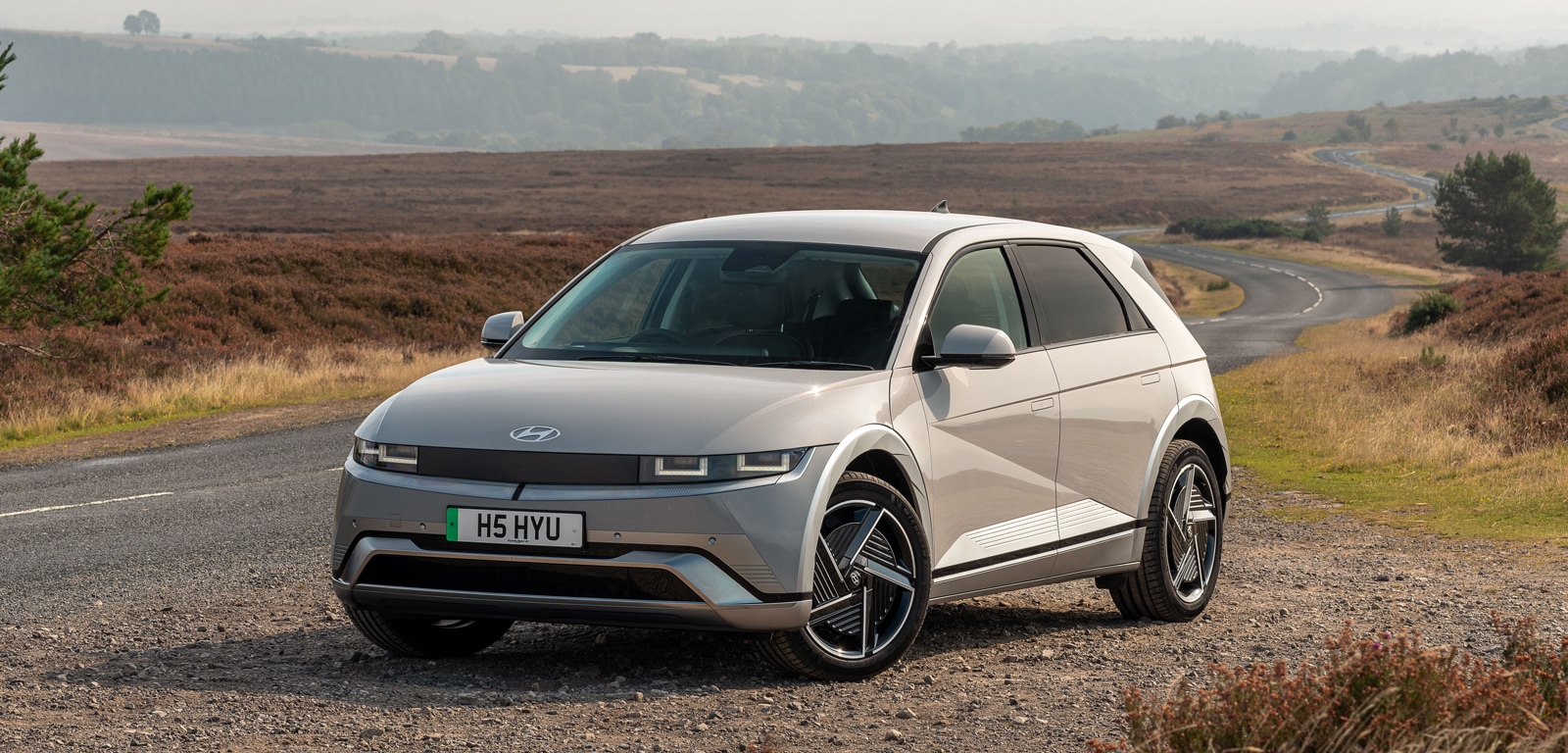

Comments (0)
Be the first to write a comment
Login/ Signup